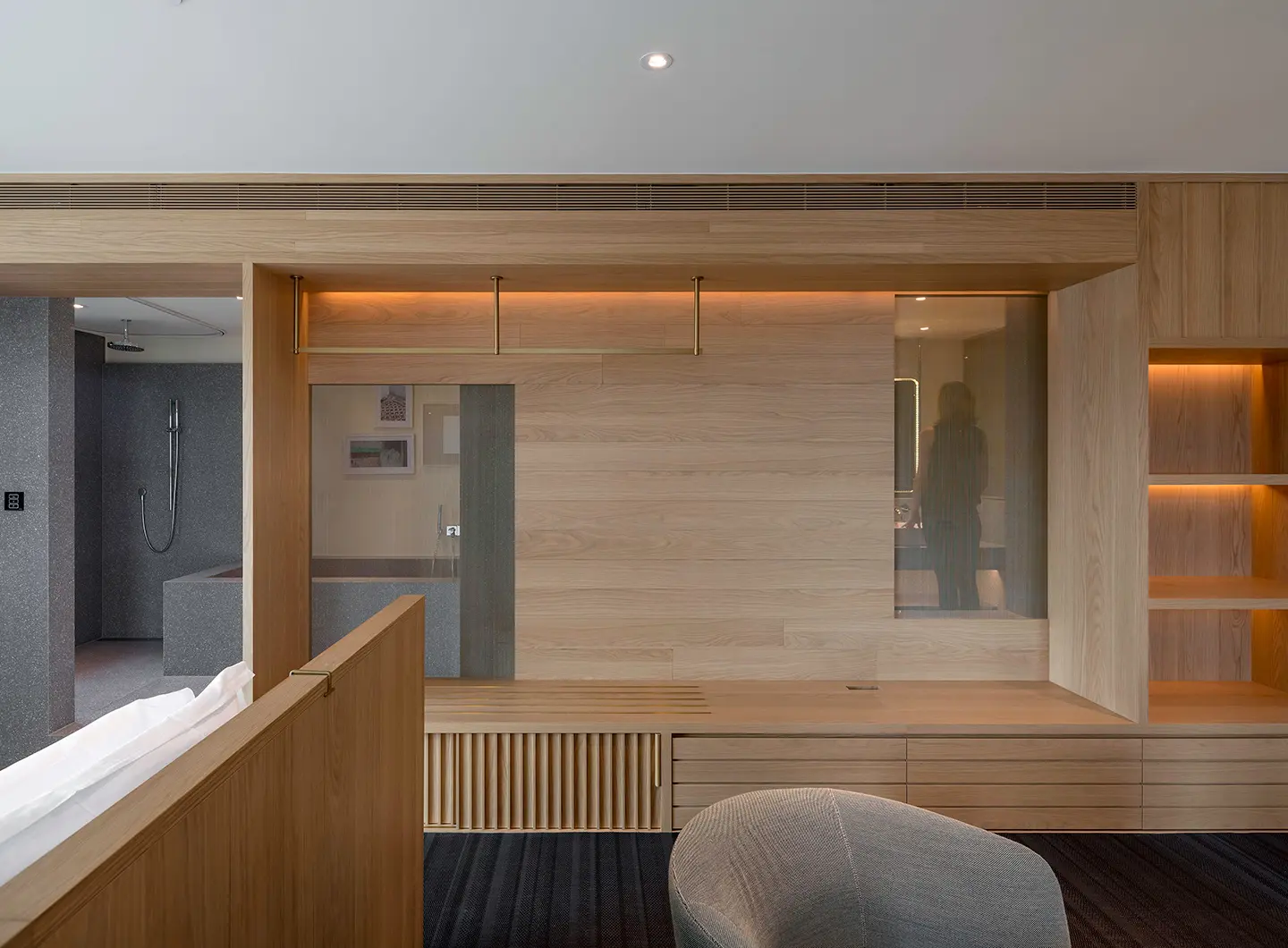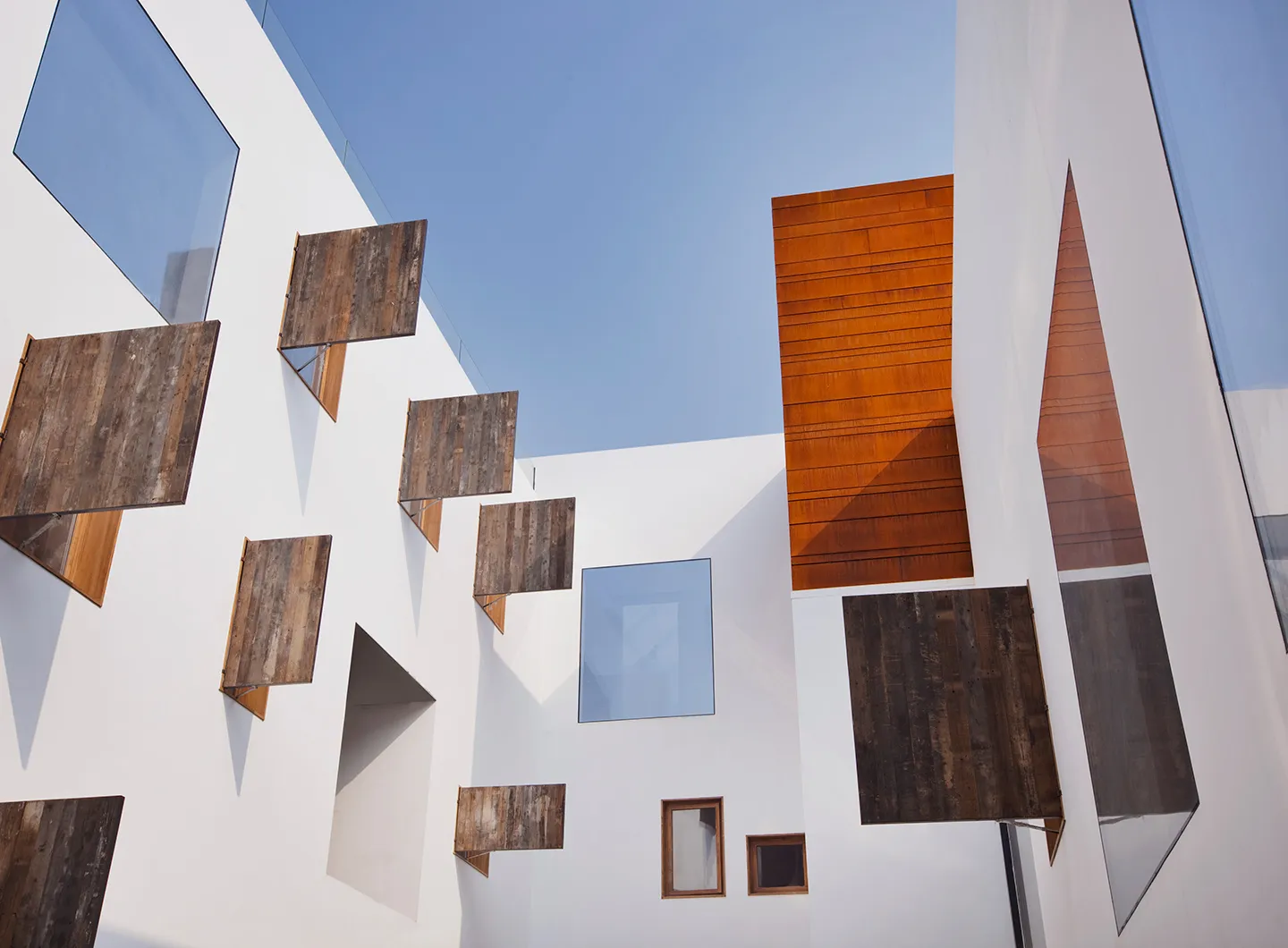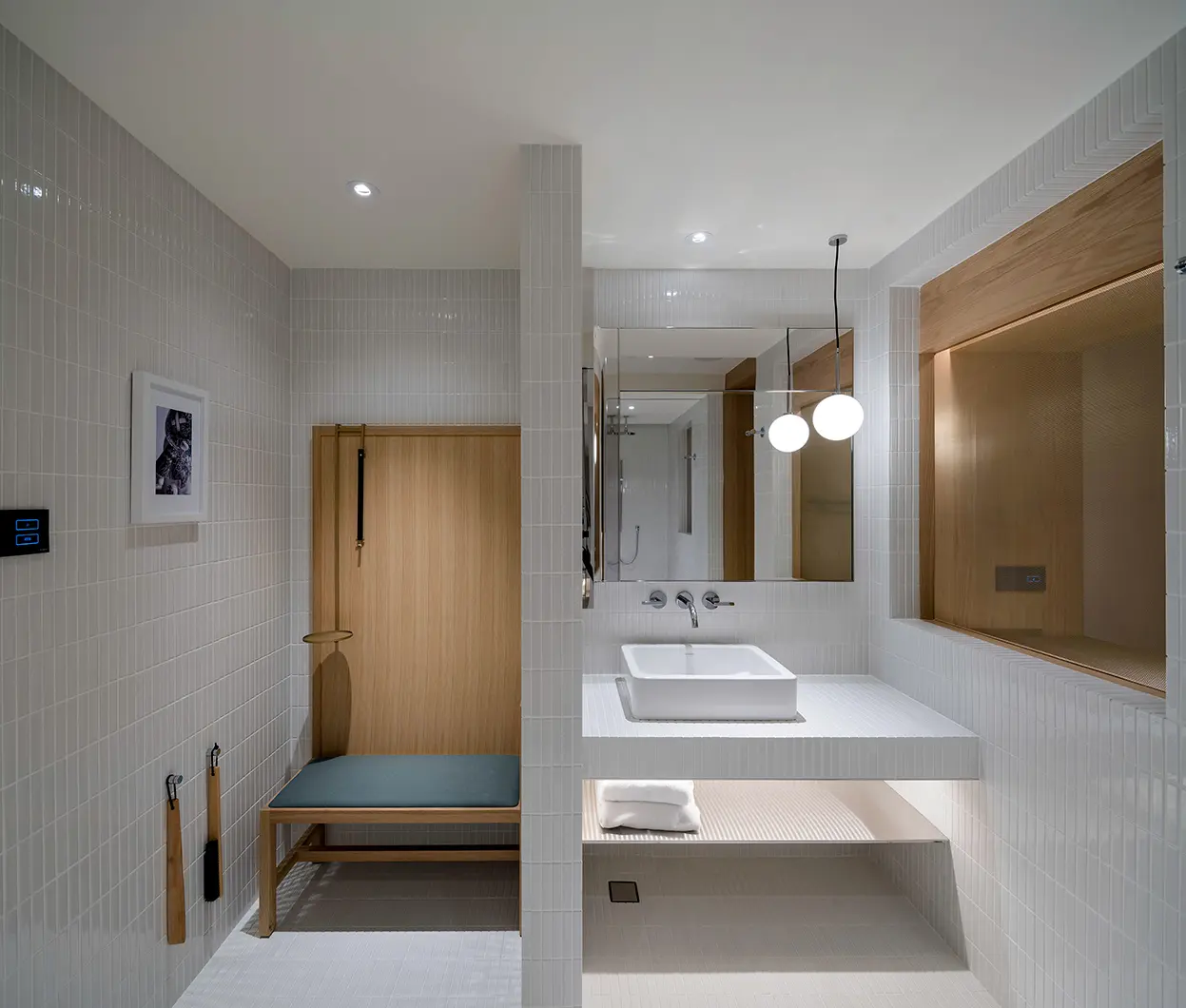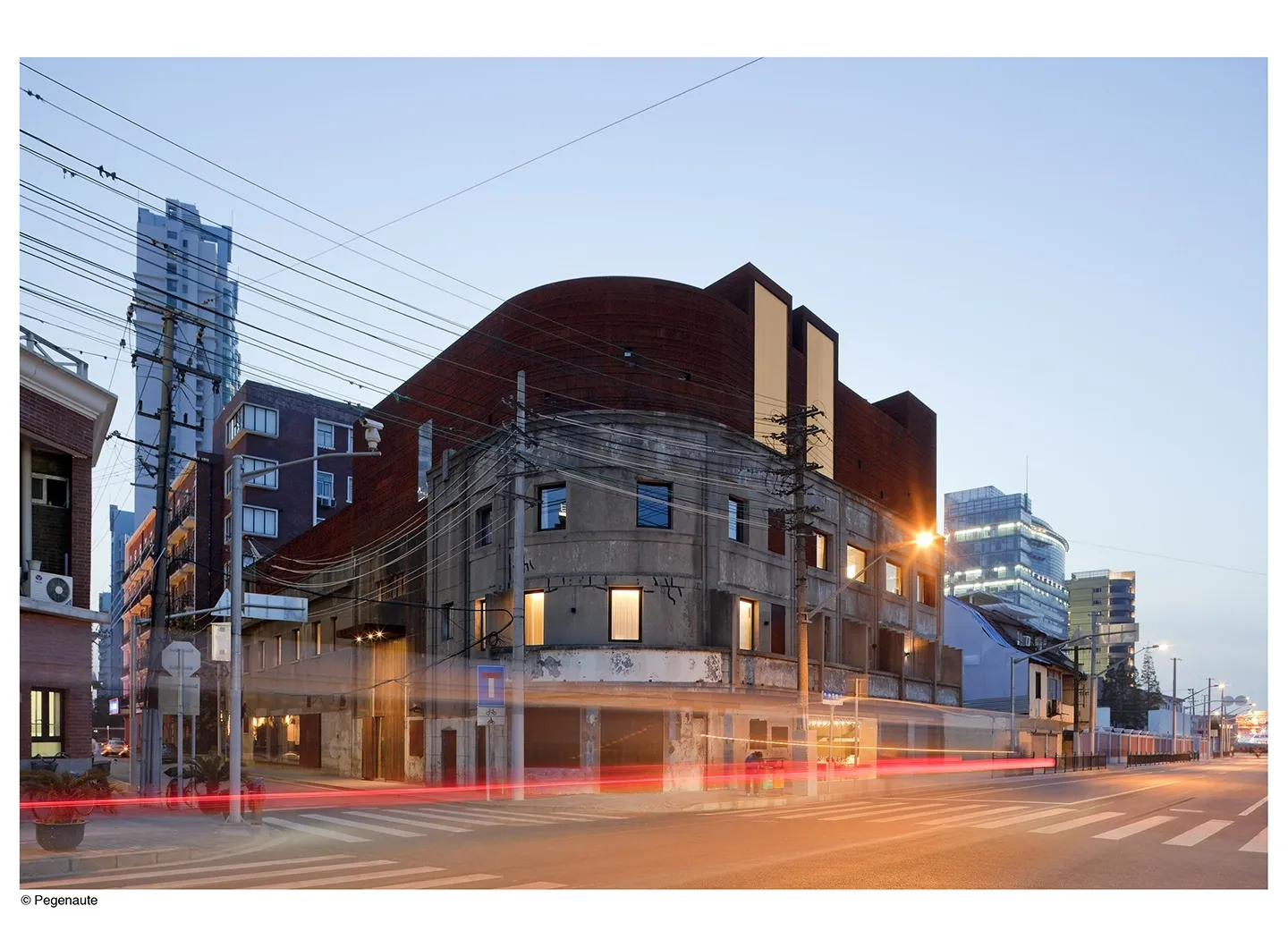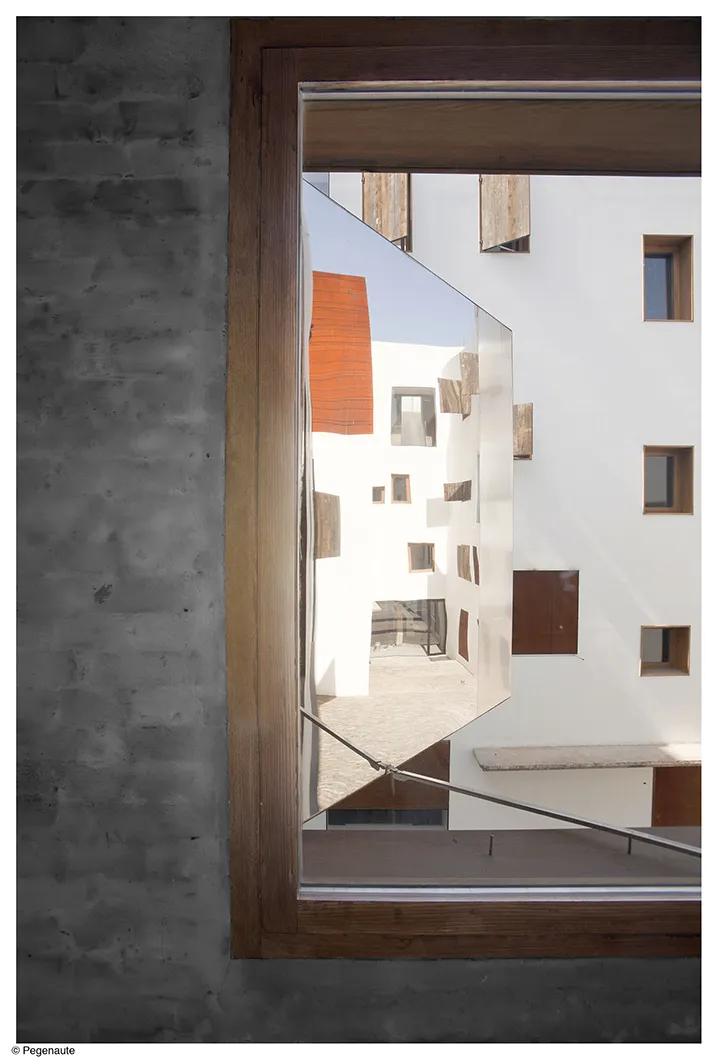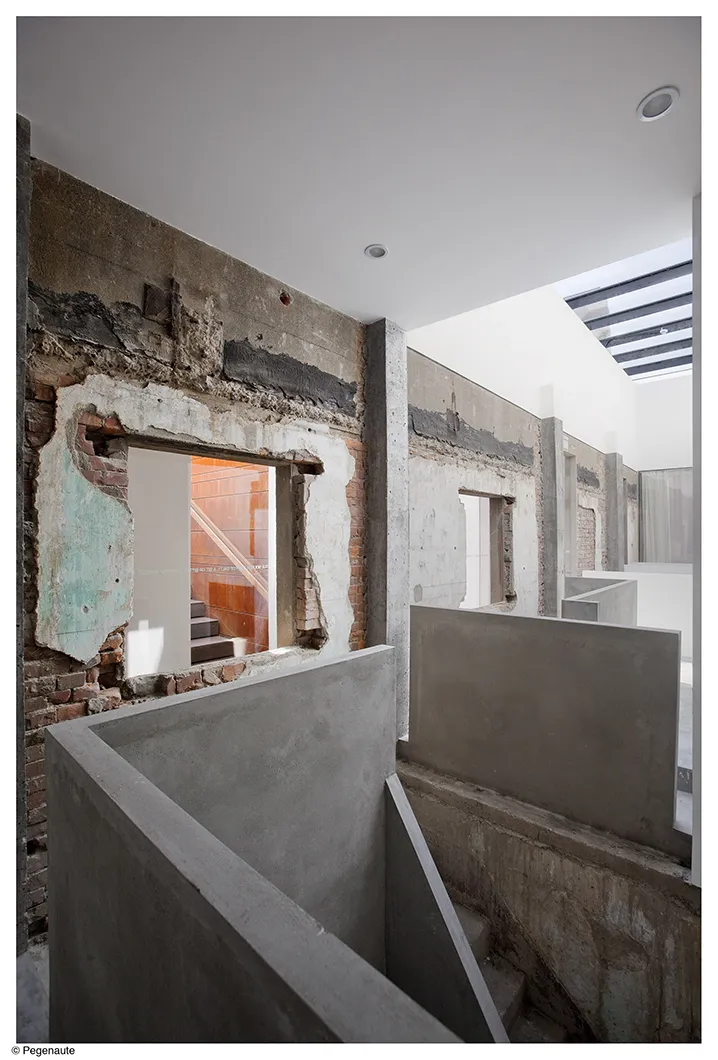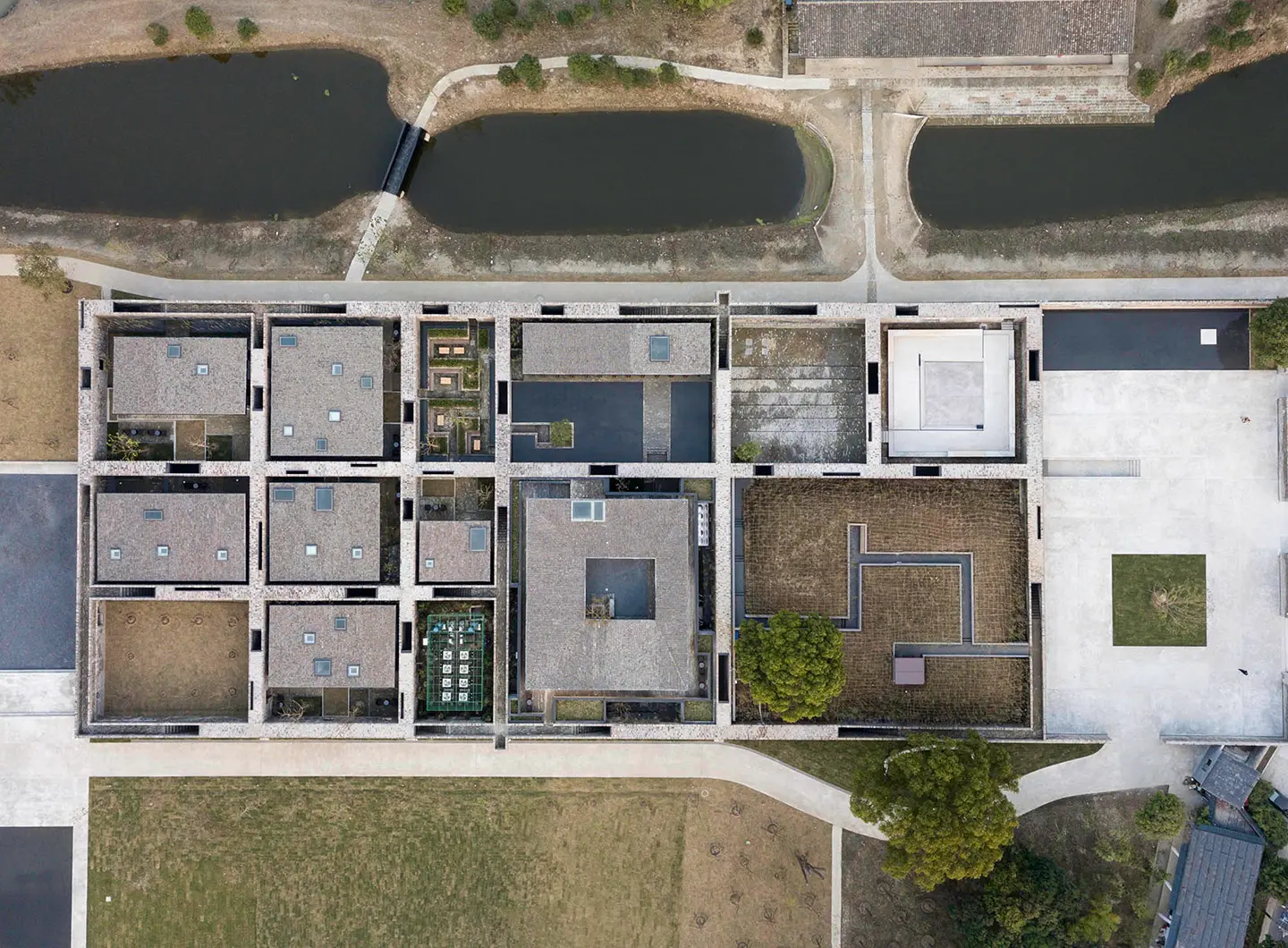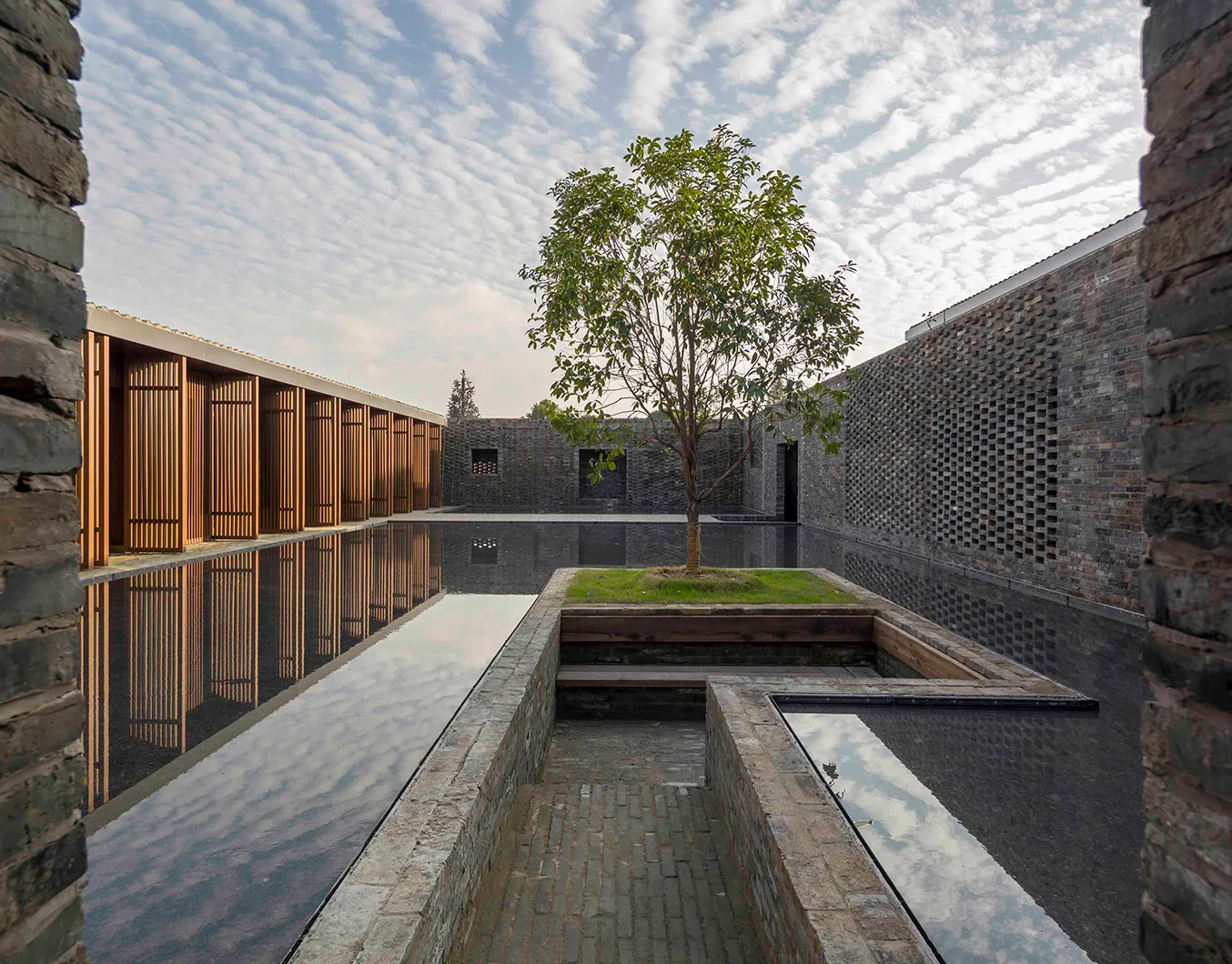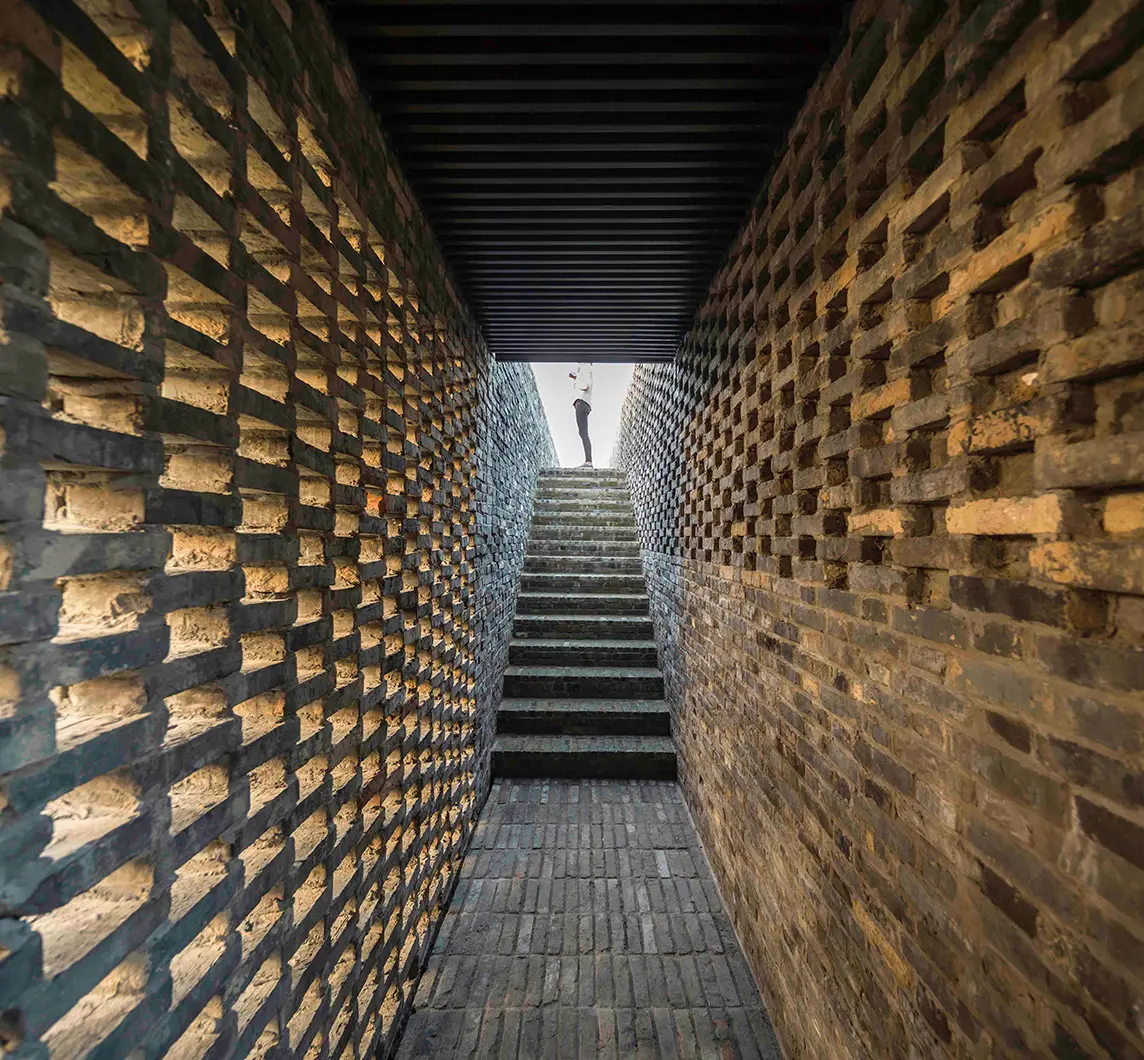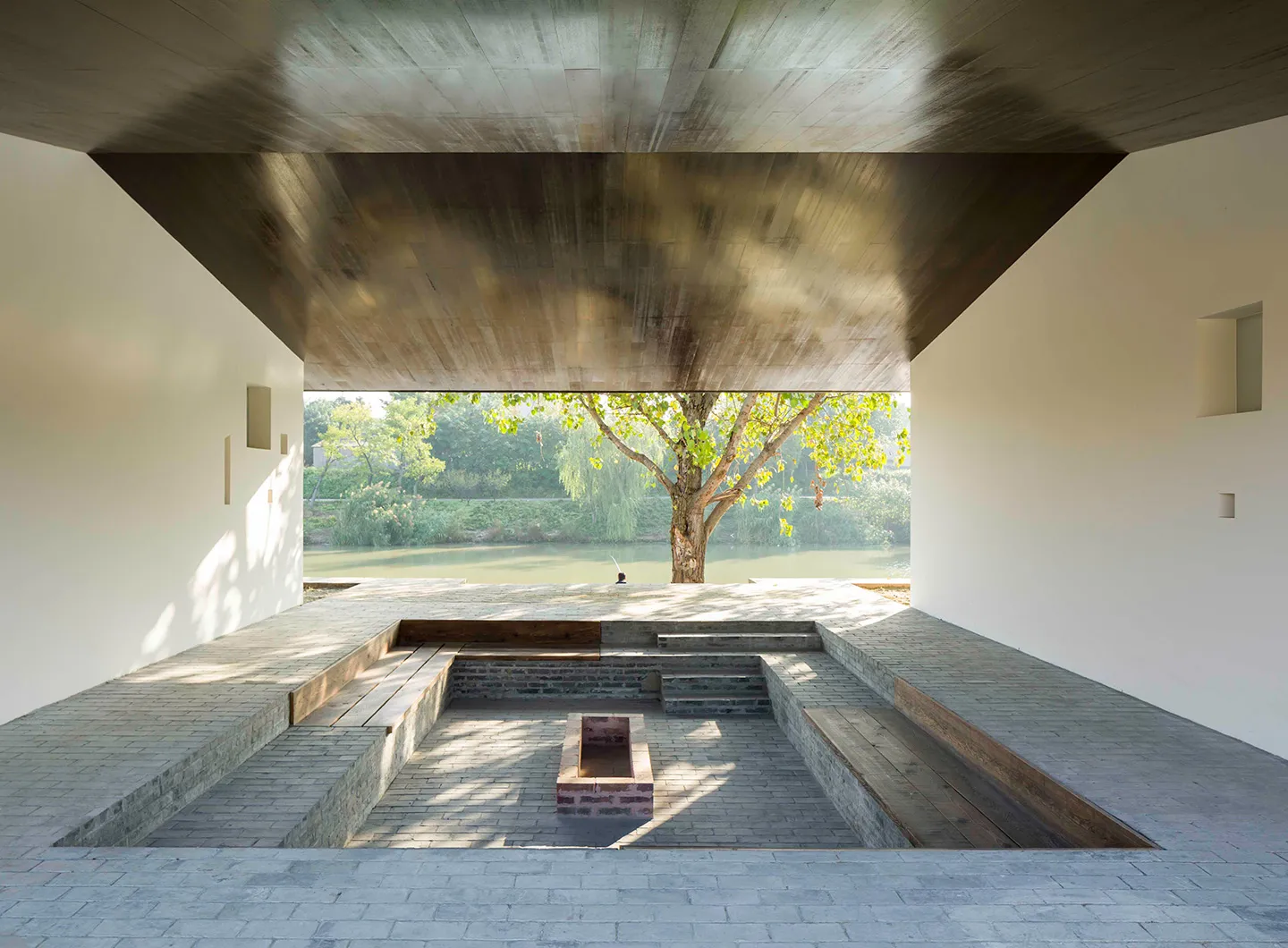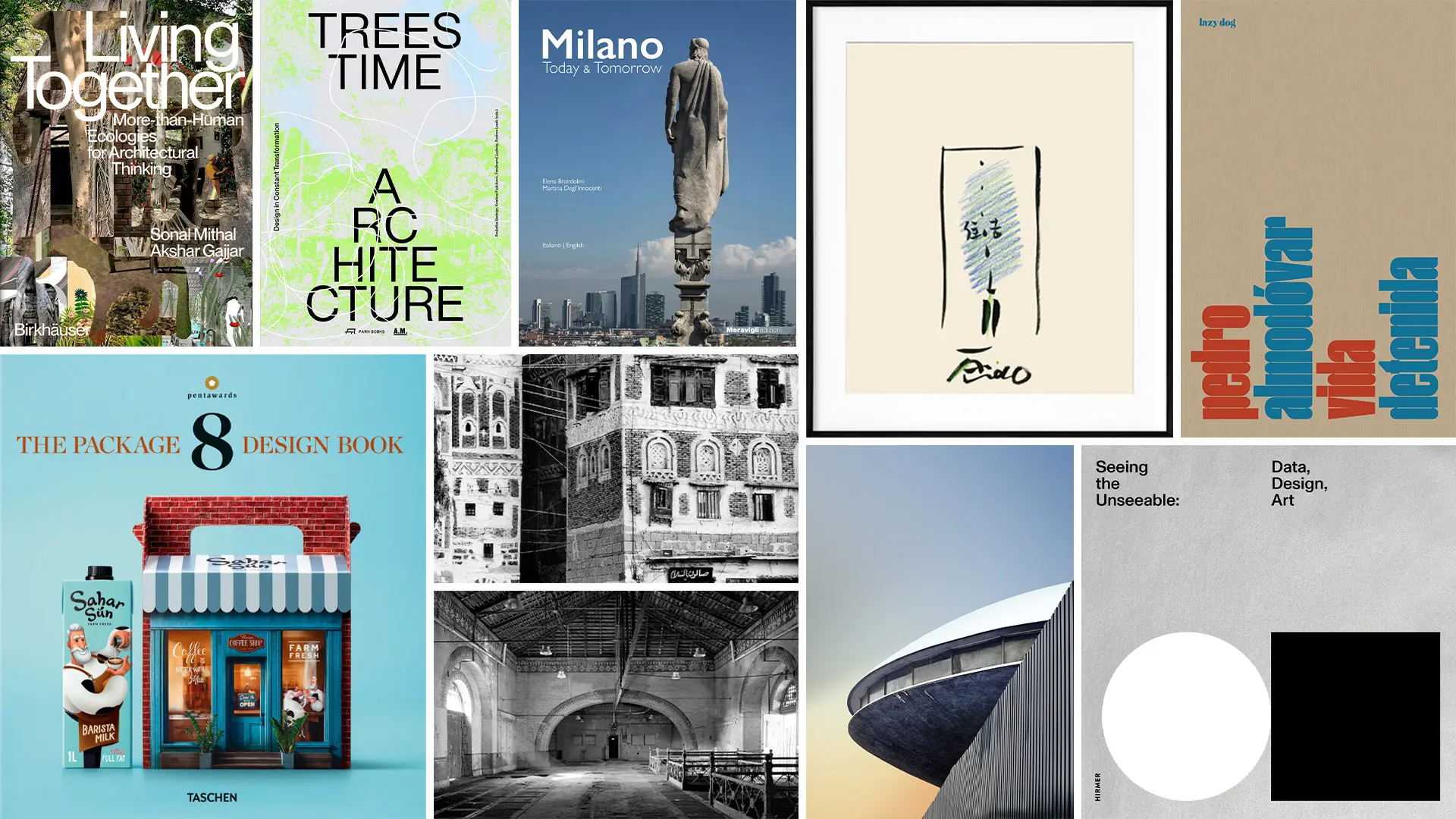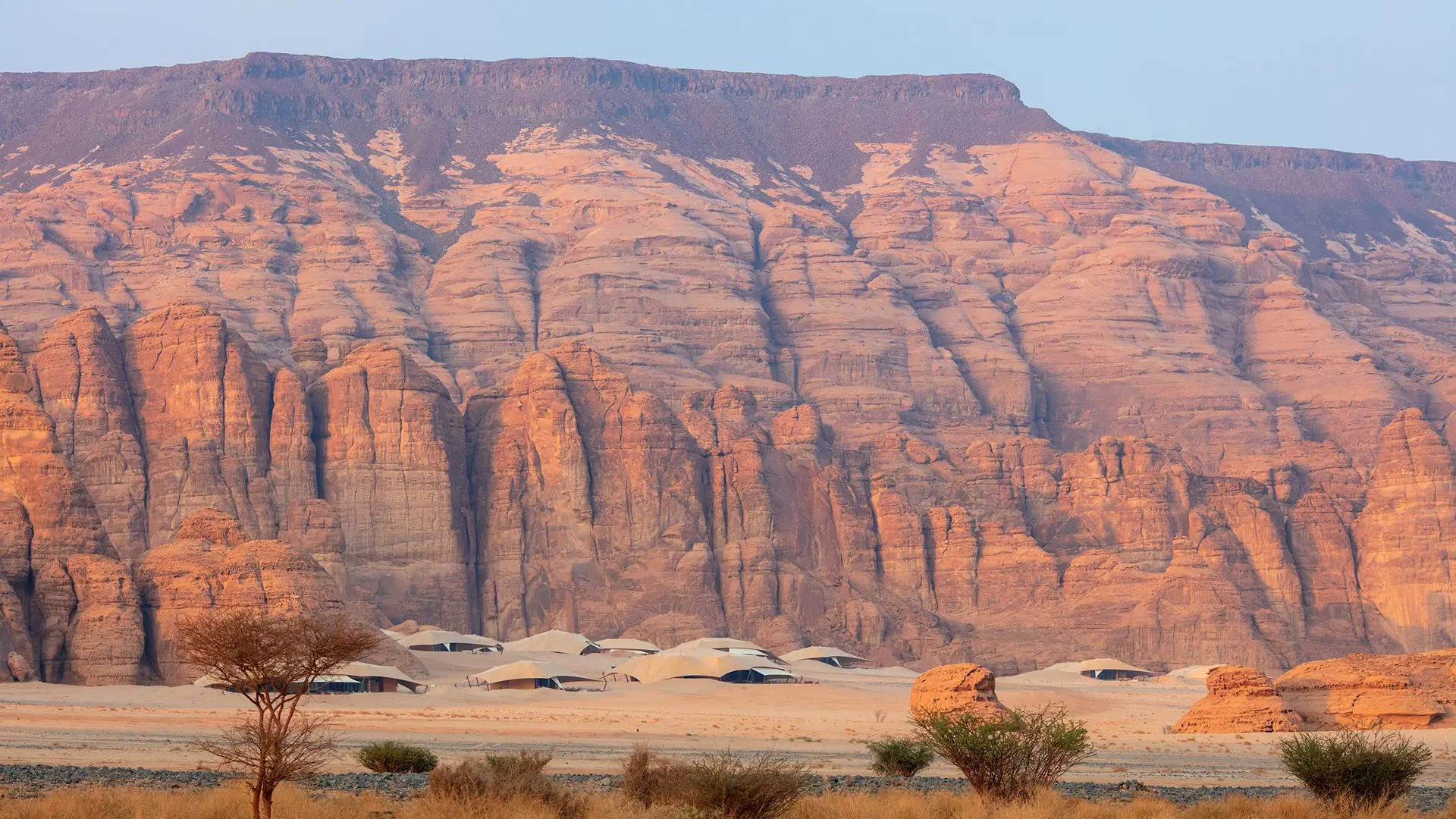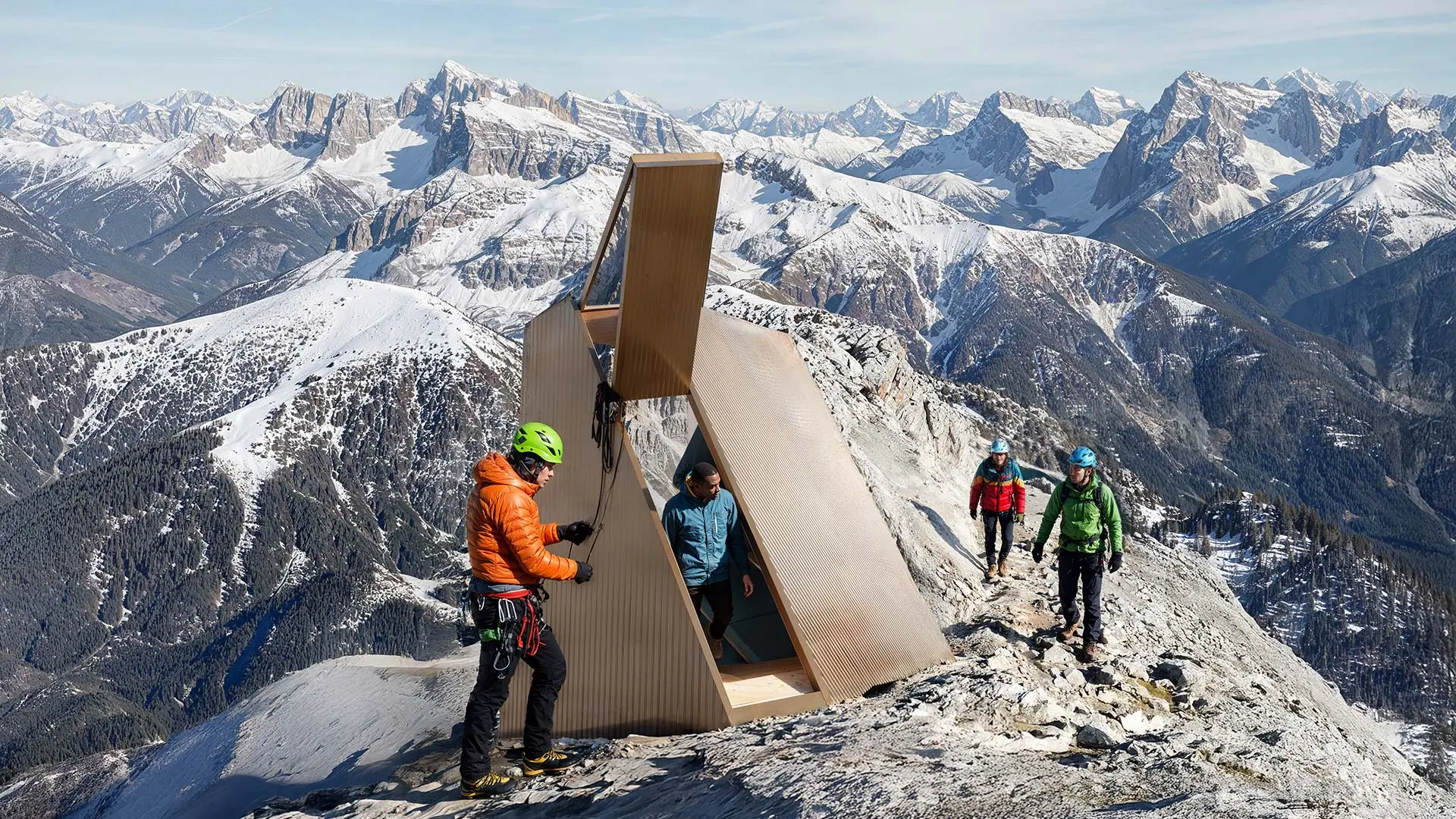750 drawings by Tadao Ando, Zanuso and Mulas’ travel journals, NYC's water system. Plus spatial aesthetics, Big Data, packaging, Milan, photos by Almodóvar and, of course, architecture and nature.
Neri & Hu: hospitality reflects on the concept of “personal space”
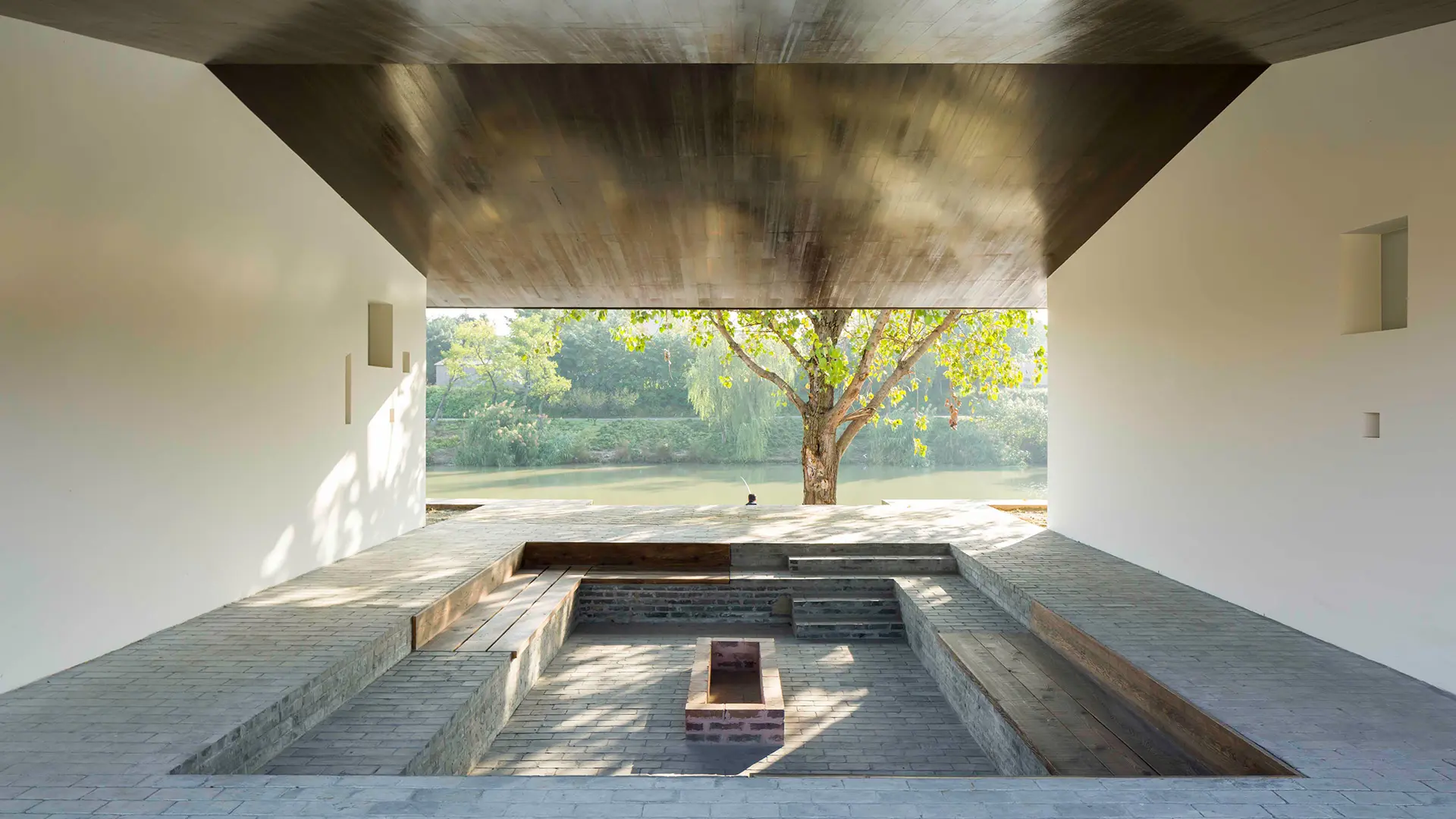
Tsingpu Yangzhou Retreat photo by Pedro Pegenaute
Openness, inclusion, sociality, reconversion, tradition, memory, identity and sustainability are the facets that hospitality research and design should be focusing on, according to the famous Shanghai and London-based studio.
Breaking down established (but dusty) conceptions or indeed passing trends, being open to cross-contamination and to research have always marked out Lyndon Neri and Rossana Hu’s approach to hospitality design. Never predictable nor simply functional or decorative, their aim is to build original narratives on several levels – visual, functional and decorative – that enable hotels to rise above their traditional, merely operational dimension to embrace a more inclusive attitude towards other cultural elements. Unsurprisingly, perhaps, they state that they are interested in a “domestic” side to hospitality design, fostering the feeling of comfort and familiarity of one’s own home, without compromising the uniqueness and “extraneousness” of new spaces. In this post-pandemic age, their focus also lies on the borderline between exterior and interior, light and darkness, privacy and socialisation and on the concepts of reconversion and reuse, sustainability and urban regeneration. This interview contains their reflections on the evolution of the hotel business and on the future of a discipline that aims to combine and synthesise languages, cultures and evocations of a world that, despite everything, is increasingly open and interconnected.
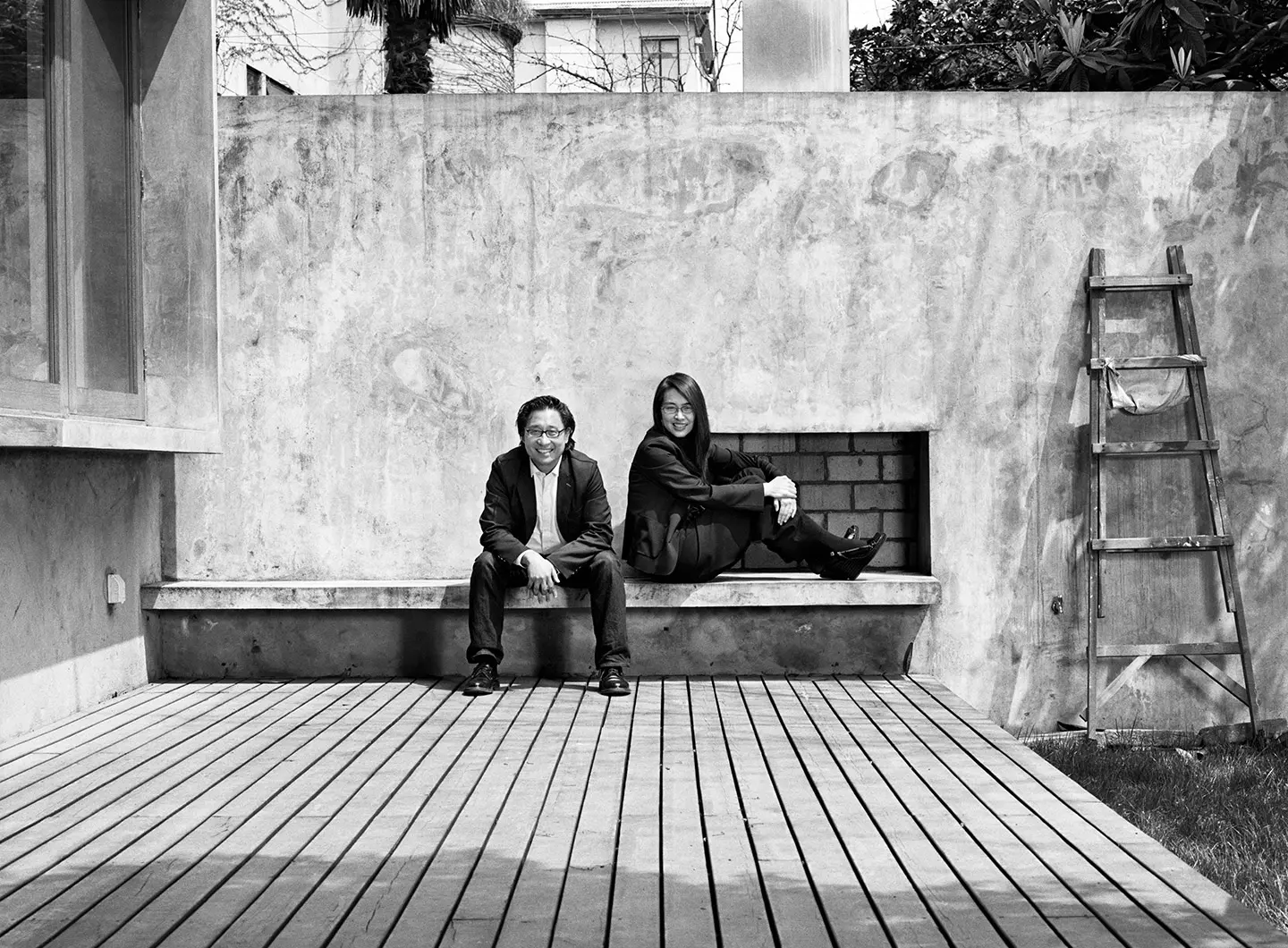
Lyndon Neri & Rossana Hu by Andrew Rowat
Hoteliers will tell you that hotel bedrooms need to be totally blacked out. In the old days, people were very happy in their homes because their rooms weren’t blacked out and they learned to live with the land; when morning came, they woke up.
Nowadays, with blackout curtains, we sometimes don’t wake up until 11 am, then at night we can’t sleep so we take sleeping pills. We are becoming abnormal beings.
The problem with hotels' design before is that guests just go into their rooms and close the door behind them. They ask if the light is okay if the stationary is nice. They crave comfort; there’s no sense of questioning what’s there. It’s all about providing luxury in a decorative way – better wall coverings, a beautiful chair. Those are good, but they’re not enough.
Our notion of personal space should be challenged. We’re trained to think that we need to be separate. Isolation makes us insular, and I think that’s dangerous. For the hospitality sector post-COVID-19, we will long for physical connection and interaction because we weren’t allowed for such a long time. We will see a new definition of what community really stands for.
We like to question what’s taken for granted. I often wonder whether the privacy of the hotel bedroom should be truly respected. For example, could the room be open, so that natural light can filter down from above and guests don’t always have to turn on the light in their rooms?
The two significant areas that will change, we believe, will be programming and technology. The programming of hotels will be more varied and inclusive, and we will see more hotels to accommodate "other" functions that have not been traditionally planned alongside hotels. The technology breakthrough has already been in the way Uber and Airbnb changed the business of travel, and more of this will come to completely flip out notions of hotel design.
Like the modernists who discarded ornament by the reason of hygiene, designers nowadays are more likely to utilize anti-bacterial materials that can be easily sanitized and broad application of automated contactless technologies. 21st-century health care is appropriated for public space, proper ventilation systems for the removal of contaminated air.
Hospitality Concepts that give the guests a sense of place and a sense of domesticity will become the norm. Communal spaces will become more relevant. The younger generation who are interested in social media will emphasize the need for a community.
Big difference, especially in terms of services, the East prioritizes services service in their hospitality design, and the west tends to value efficiency.
We want to open the questions of hospitality design beyond “stylistic trends”, to include certain critiques of various issues, including, but not restricted to, consumptive tourism, cultural/identity representations, and nostalgia & ruinophilia.
There are in essence global issues, while we are interested in context, we are equally focused on addressing global issues.
This is something, since we started our practice. We had to deal with issues of adaptive reuse, old and new, heritage, memory, identity, urban regeneration, and sustainability.


